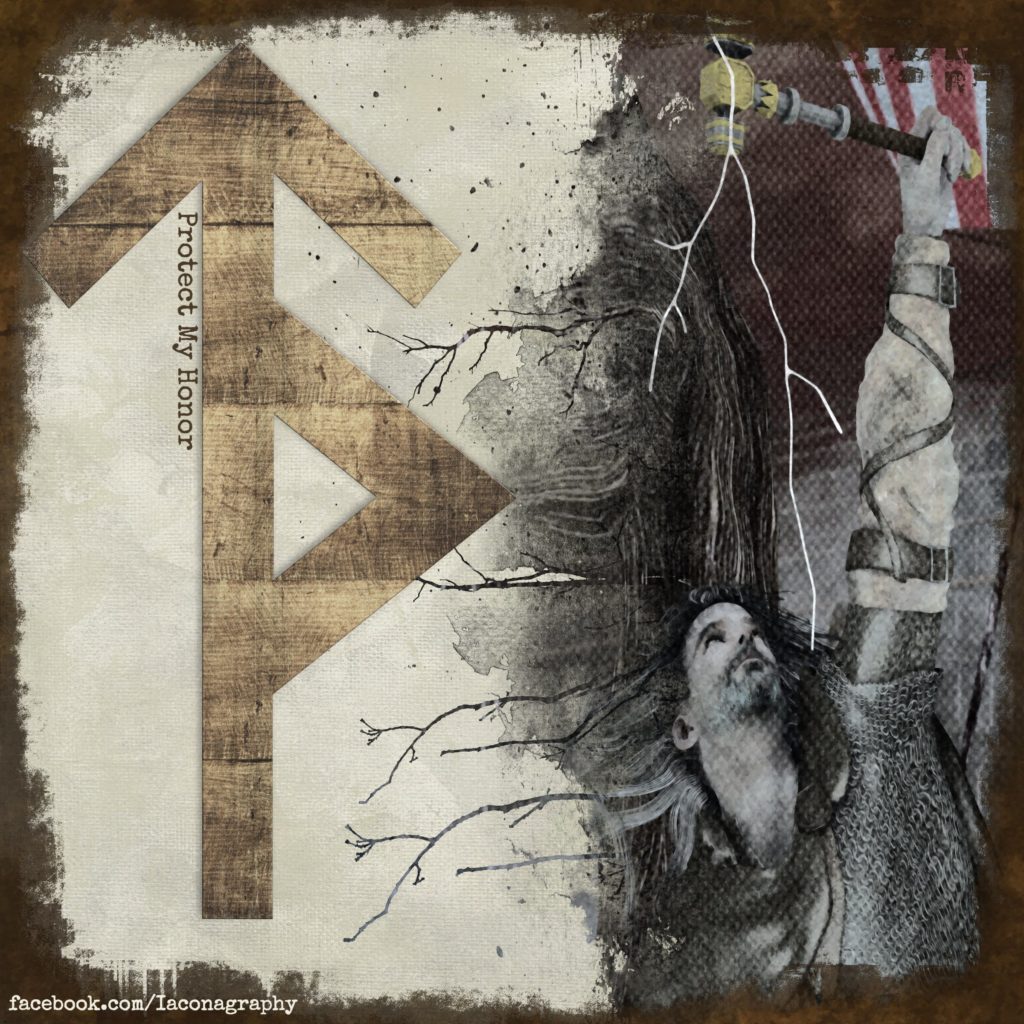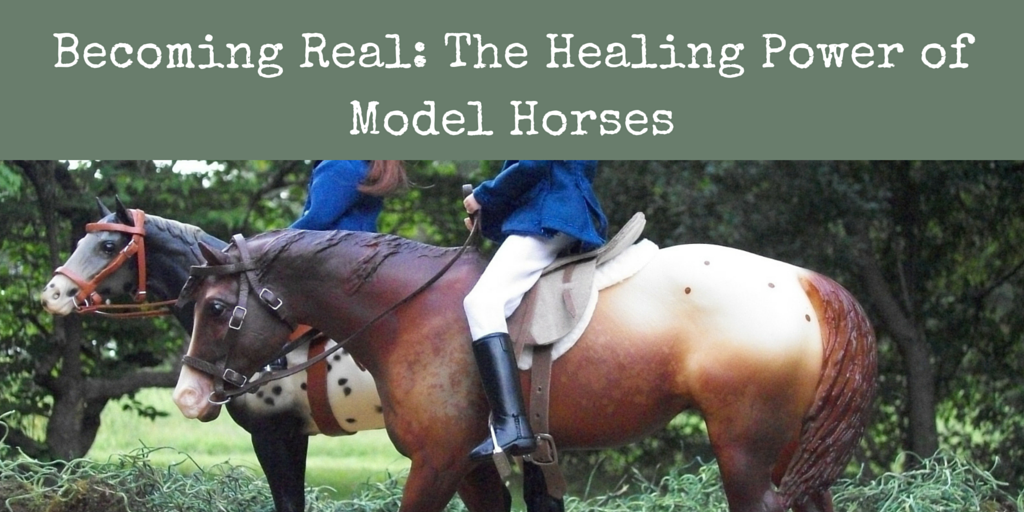Inclusive Heathenry, Cybernidh, and the “Cult of Personality”

This is not the post that was actually scheduled to publish today. I am writing it, basically, at “the eleventh hour”, but I feel compelled in my heart, by my oaths, and by my Gods to say everything that is to follow. If you wish to humbly disagree, you are welcome to do so, but I don’t need to hear about it, nor do any of us here at Iaconagraphy. Thank you.
If you are currently a member of the Heathen Internet Community, chances are grand that you are already well aware of the turmoil currently afoot in those environs over a certain very well-known author’s apparent stance on Muslims. You may also be aware of said author’s apparent stance on the LGBTQ+ community and immigrants, as she has likewise been very public about both. (Hint: none of these stances are inclusive or good.) The Troth, to which I proudly belong, released a statement yesterday. Normally, none of us here at Iaconagraphy would speak up or weigh in on such a topic publicly, as we generally prefer to “remain Switzerland” (i.e., neutral) in such matters, rather than get sucked into firestorms. However, since I personally recommended said author as a potentially inclusive author (which she patently is not!) on the topic of runes within my book, Norse Witch: Reclaiming the Heidhrinn Heart, I feel that not speaking up about this would be the same thing as condoning this person’s viewpoints, which I patently do not condone, nor do any of us here at Iaconagraphy.
Just in case anyone is as-yet unfamiliar with the term Inclusive Heathenry, I want to begin by taking a moment to provide our definition of it here at Iaconagraphy. The general consensus within the Heathen community of the definition is as follows (taken from the Troth’s website, Huginn’s Heathen Hof’s Declaration 127 page, and the Alliance for Inclusive Heathenry’s Facebook page):
The Troth: The Troth is open to all who seek to know and to honor the Gods, ancestors, and values of the Germanic Heathen traditions, regardless of gender, race, nationality, or sexual orientation. The Troth stands against any use of Germanic religion and culture to advance causes of racism, sexism, homophobia, white supremacy, or any other form of prejudice.
Huginn’s Heathen Hof: We hereby declare that we do not condone hatred or discrimination carried out in the name of our religion, and will no longer associate with those who do. We will not grant the tacit approval of silence in the name of frið, to those who would use our traditions to justify prejudice on the basis of race, nationality, orientation, or gender identity.
Alliance for Inclusive Heathenry: We are heathens who agree that reconstruction of the pre-Christian faith of Northern and Western Europe should be open to all who seek it
Here at Iaconagraphy, we agree with all of the above. For once and for all, here is our official definition and stance on Inclusive Heathenry:
Iaconagraphy Statement for Inclusive Heathenry: We welcome all people, regardless of their religious, cultural, or ancestral background (inclusive of all races, ethnicities, and nationalities), physical ability, gender identity, or sexual orientation. We firmly stand against the use of Heathenry and/or Germanic Religion in general (or anything else for that matter!) to advance the causes of racism, sexism, homophobia, white supremacy, or any other form of prejudice. Such beliefs and sentiments are not welcome here, and they never will be. If you support and or promote any of the above, regardless of your present “status” or lack thereof in the Heathen community (authors, Heathen “celebrities”, etc.), I am sorry to tell you that you have arrived at the wrong Pagan-based-business-with-a-Heidhrinn-Heart to accommodate your personal needs and agendas. Please take your hate-mongering and need to constantly correct those of us who are attempting to make the world a more positive place elsewhere. In addition, we do not condone the maligning of other religions (inclusive of Christianity, Islam, Wicca, or anything else), and the bashing of Christians or others will not be tolerated. We likewise do not condone exclusionary attitudes based on “you’re doing it wrong”: the only time someone is actually “doing it wrong” is if they are a) factually incorrect (when held against the backdrop of the historical record: i.e., archaeology and anthropology), or b) using the Norse/Germanic faith to subjugate others (see previous statements above on racism, sexism, homophobia, and other forms of prejudice).
Now that we are (hopefully) clear on that, I would like to take a moment to talk about nidh (níð), and, specifically, what I have come to term as cybernidh. For those unfamiliar with the term, in historical Germanic society, nidh was (and still is) a social stigma implying the loss of honor and the status of villain. It often takes the form of ridicule, wherein a person is represented as worthy of universal contempt. Within the old law codes (of Iceland and elsewhere), we find specific types of nidh listed, such as tungunidh (literally: “nidh of the tongue”; i.e, verbally spoken nidh) and trenidh (literally: “wood-nidh”; nidh that was carved onto a tree or post). In our modern, internet-based world, we find ourselves encountering a whole new variety of nidh: cybernidh. In many ways, this has become the trenidh of the modern era: face it, we spend a lot more time online than we do carving nowadays! The biggest difference between tungunidh and trenidh in the ancient world was that one was regarded as more permanent than the other: obviously, spoken words are as ephemeral as the wind, while words carved–whether on wood or stone–are vastly longer lasting. The same can be said, in our modern world, of tungunidh versus cybernidh: once something is “carved” onto the internet, it becomes profoundly more difficult to make whatever it is “go away”.
The extant law codes which have come down to us are also very clear on penalties for “wrongly nidhing” someone. In Gulathing Law, we find this warning:
“No one shall indulge in verbal exaggeration or defamatory talk about another. It is called verbal exaggeration if one person says about another that which he neither can be nor can become nor has been.”
Penalties for such “wrongful nidhing” were severe, ranging from outlawry (exile) to fines. In other words, if someone intends to publicly call someone out or otherwise ridicule another person, they needed to be damned certain that what they were saying (or carving, or, in our case, typing/writing) about that person could be proven as true. If that person couldn’t possibly ever be what they are being accused of, couldn’t possibly ever become what they’re being accused of, and couldn’t possibly ever have been what they’re being accused of, then “all nidhs are off”, so to speak. In other words: slander is bad!
So, what actions, in our modern society, denote a loss of honor and a classification as a villain, worthy of a cybernidh? The answer to that question lies within the definitions of Inclusive Heathenry detailed above. However, if you are going to participate in such an act, you should make damn certain that you are not “wrongfully nidhing” someone. How do you do that? Make certain you have physical evidence that the person “being nidhed” actually participated in the dishonorable action for which they are being “nidhed”. This may include screen-caps of verbal exchanges on the internet in which they have participated, memes they have posted, etc. This does not include hearsay: simply because you “heard it through the grapevine” that so-and-so might be racist, homophobic, etc. is not due cause to ruin that person’s reputation. “Nidhing” based on hearsay is, pure and simple, slander; it is “wrongful nidhing”. And “wrongful nidhing” is as dishonorable, in my humble opinion, as doing most of the things that are, in fact, “nidh-worthy”.
Which brings me, finally, to the topic of the Cult of Personality. No, I’m not talking about that song by Living Color, although it certainly raises many pertinent points. Merriam-Webster’s definition of the term says this:
Cult of Personality: a situation in which a public figure (such as a political leader) is deliberately presented to the people as a great person who should be admired and loved.
I would add to that definition, for the sake of clarification:
A situation in which a public figure is deliberately presented to the people as a great person who should be admired and loved, especially when that person is actually worthy of neither admiration nor love.
We all have our “starstruck” moments, when meeting a celebrity or person-of-note, whether that person is a movie star, or, in our case, a respected religious leader, author, or scholar. However, when said person’s attitudes have been proven as incongruent with the values which we hold most dear, we cannot allow our “starry eyes” to cloud or inhibit how we choose to further interact with or otherwise support that person. Just because a person wrote a book once that touched our practice (or even a stack of such books), for example, we cannot continue to “wave their banner”, once we’ve discovered who they really are, behind the scenes. When such a person very publicly espouses sentiments that fly directly in the face of our own taken oaths and dearest values, there is all the more reason to likewise, very publicly, make it our business to sever all ties of support. Simply because they are “of note” is not reason for their exemption. When we give in to such notions, we are giving in to the cult of personality.
I would leave you, after all of this, with some thoughts from the Havamal on slander, “nidhing”, and the cult of personality, as well as some humble words of advice, from yours truly:
Do not scrutinize others, unless you, yourself, are beyond scrutiny. –Connla Freyjason
I advise you, Dragon-Clown,
To take my advice:
It will benefit you if you can fully understand it;
Good will come to you if you can fully catch its meaning.
Do not waste even three words
On a person who has proven less worthy than you;
The better man is too often defeated
By the unworthy man who resorts to weapons, instead of words.–Havamal 125, Connla Freyjason, Translation
I advise you, Dragon-Clown,
To take my advice:
It will benefit you if you can fully understand it;
Good will come to you if you can fully catch its meaning.
When you see evil being done,
Call it out as evil,
And show the evil-doer no peace.–Havamal 127, Connla Freyjason, Translation
I advise you, Dragon-Clown,
To take my advice:
It will benefit you if you can fully understand it;
Good will come to you if you can fully catch its meaning.
Never rejoice in evil;
Take great pleasure in doing good.–Havamal 128, Connla Freyjason, Translation
Shine on: shine with honor; shine forth a blameless life. Be well, my friends; apologies for having to interrupt the “regularly scheduled programming” with this business.



